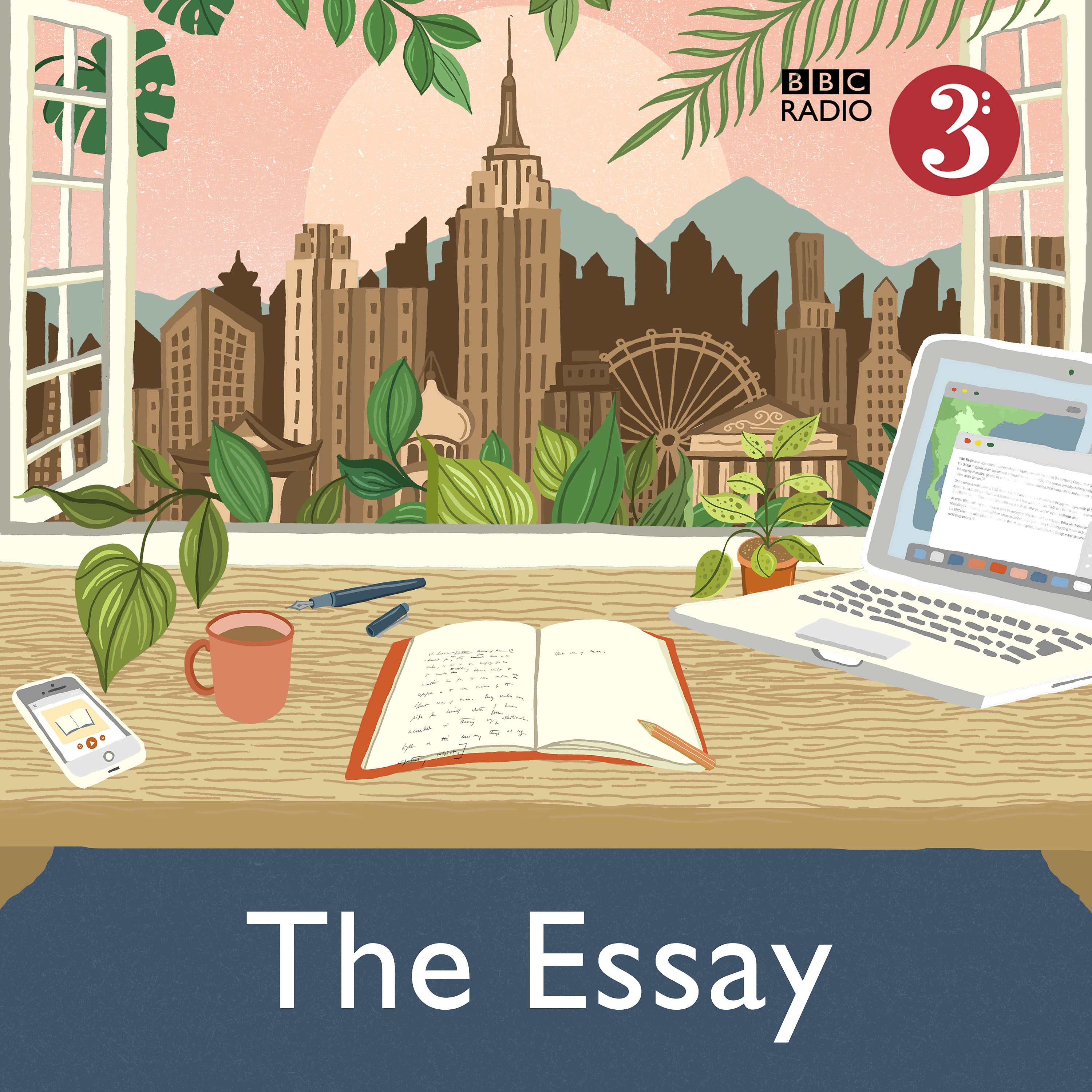- Culture
- SEE MORE
- classical
- general
- talk
- News
- Family
- Bürgerfunk
- pop
- Islam
- soul
- jazz
- Comedy
- humor
- wissenschaft
- opera
- baroque
- gesellschaft
- theater
- Local
- alternative
- electro
- rock
- rap
- lifestyle
- Music
- como
- RNE
- ballads
- greek
- Buddhism
- deportes
- christian
- Technology
- piano
- djs
- Dance
- dutch
- flamenco
- social
- hope
- christian rock
- academia
- afrique
- Business
- musique
- ελληνική-μουσική
- religion
- World radio
- Zarzuela
- travel
- World
- NFL
- media
- Art
- public
- Sports
- Gospel
- st.
- baptist
- Leisure
- Kids & Family
- musical
- club
- Health & Fitness
- True Crime
- Fiction
- children
- Society & Culture
- TV & Film
- gold
- kunst
- música
- gay
- Natural
- a
- francais
- bach
- economics
- kultur
- evangelical
- tech
- Opinion
- Government
- gaming
- College
- technik
- History
- Jesus
- Health
- movies
- radio
- services
- Church
- podcast
- Education
- international
- Transportation
- Other
- kids
- podcasts
- philadelphia
- Noticias
- love
- sport
- Salud
- film
- and
- 4chan
- Disco
- Stories
- fashion
- Arts
- interviews
- hardstyle
- entertainment
- humour
- medieval
- literature
- alma
- Cultura
- video
- TV
- Science
- en
In the Company of Walruses

b'
Environmental historian Bathsheba Demuth travels to the Arctic ice and tundra to show how humans and animals together have shaped its landscape and history.
In this episode she looks at how the human relationship to walruses has changed and changed again, from seeing them as ancestors to part of the socialist future, offering an example of how what we value can endanger\\u2014or save\\u2014a species.
Bathsheba Demuth is an environmental historian and writer who spends much of her time in Arctic communities across Eurasia and North America. Her work draws on archives, ecology, and experience of the landscape to ask how places and people change each other.
Her interest in northern environments and cultures began when, at 18, she moved to the village of Old Crow in the Yukon. For two years, she mushed huskies, hunted caribou, fished for salmon, tracked bears, and otherwise learned to survive in the taiga and tundra.
In this essay series she brings us into the intertwined pasts of people and animals of the lands and waters around the Bering Strait - the ice-studded stretch of ocean between Alaska and the Russian far east.
She shows how dogs, whales, walruses, caribou, and salmon have helped make history\\u2014and in turn, how people have changed how they value and relate to creatures finned and furred.
From shifts in the culture of whales to how reindeer flummoxed Soviet plans and dogs\\u2019 emotions mattered to the British Empire, each essay is a journey into how paying attention to the environment and the animals within it helps us better understand history, the nature of change, and our place in the world.
Writer and reader: Bathsheba Demuth\\nProducer: Natalie Steed\\nWhale recordings: Kate Stafford, Oregon State University\\nA Rhubarb Rhubarb Production for BBC Radio 3
'